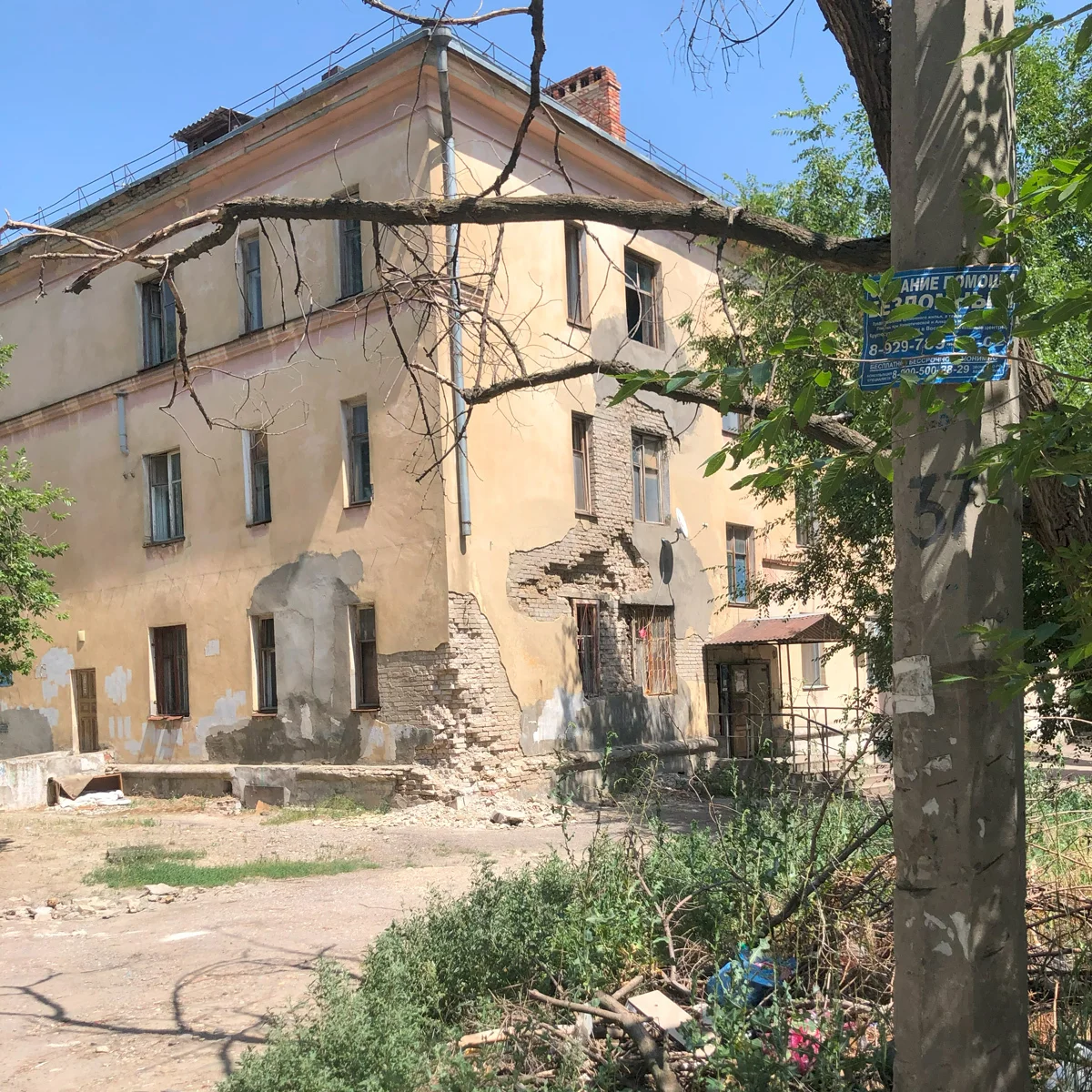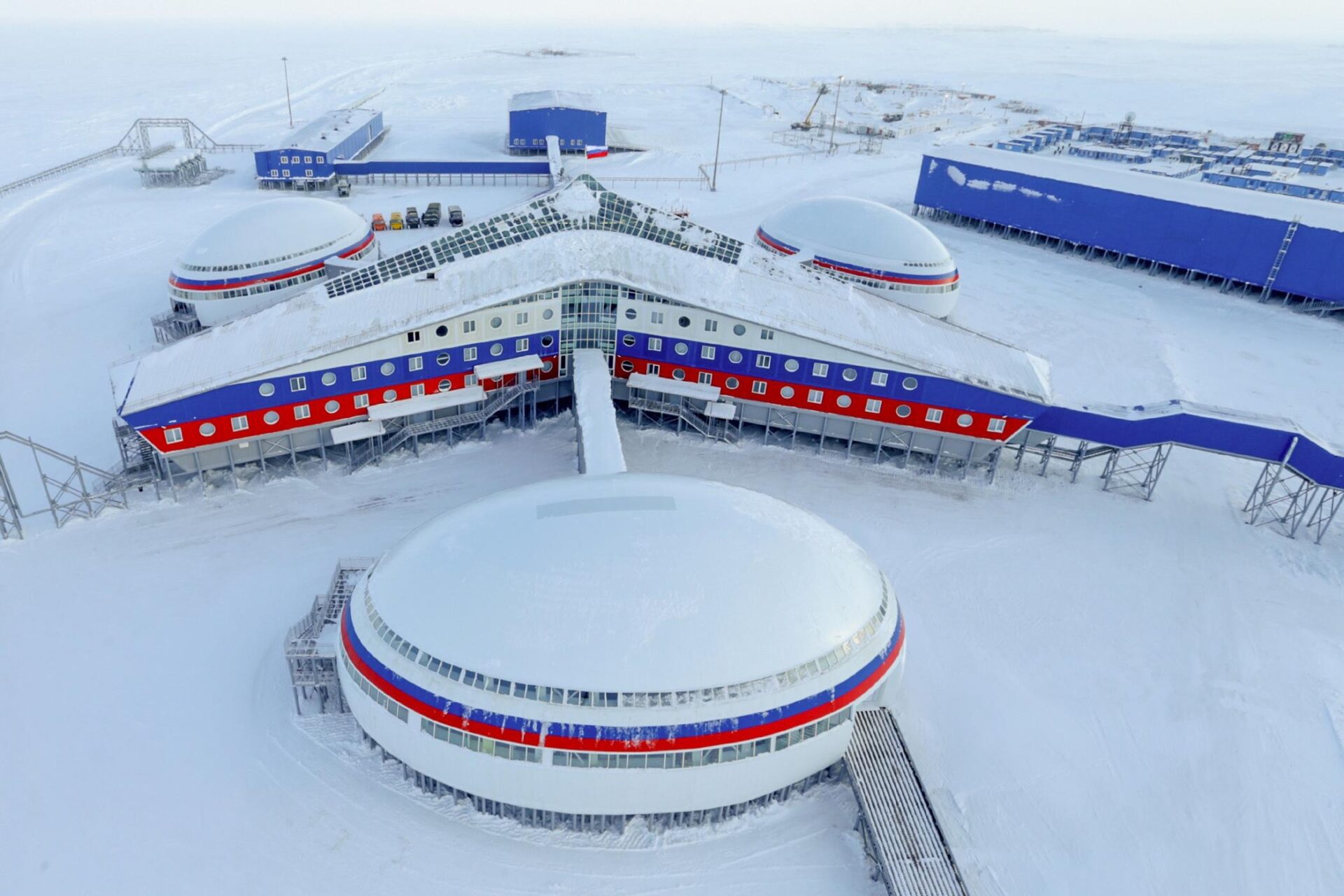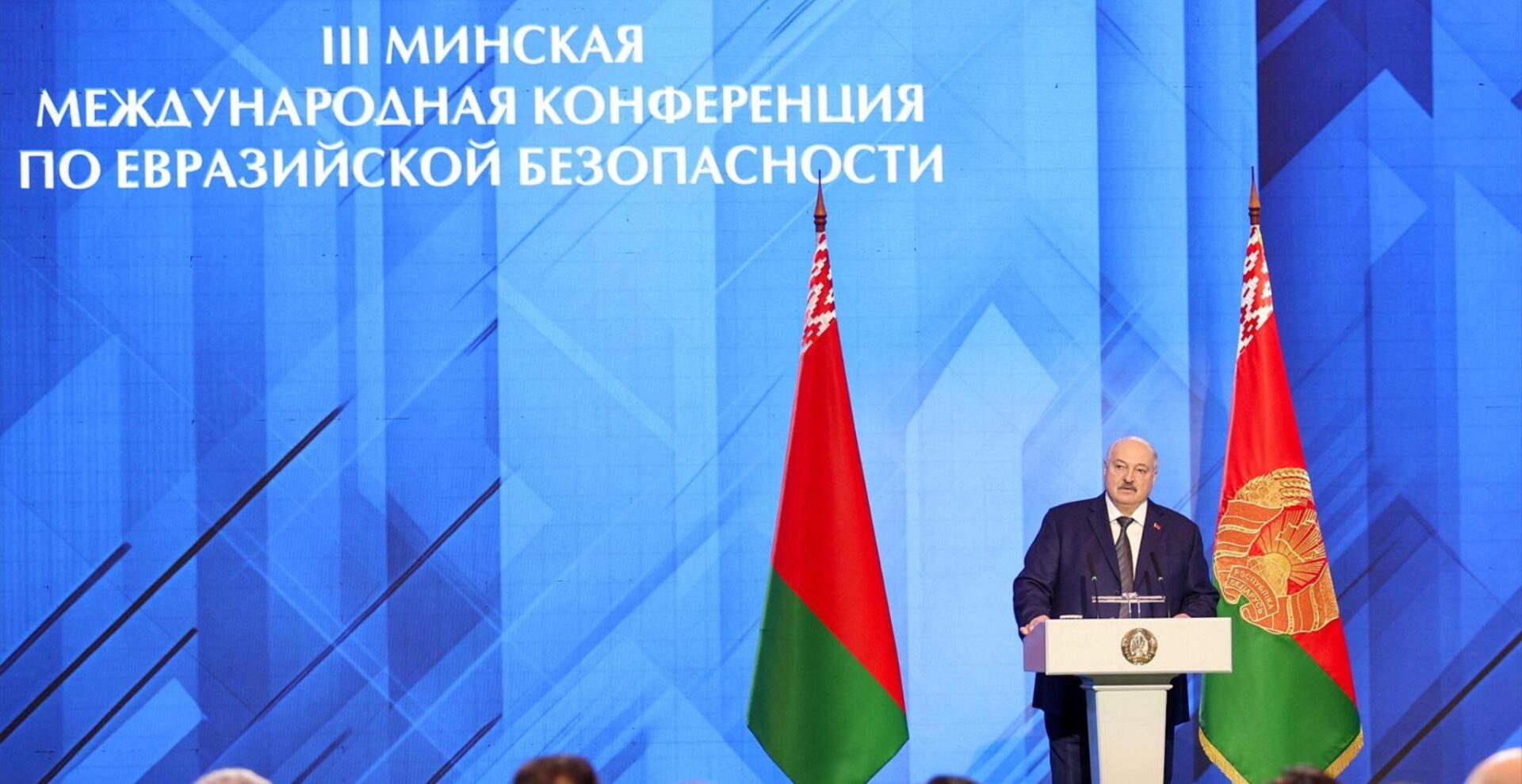
Growing Potential for Regional Protests Threatens Kremlin Authority
Growing Potential for Regional Protests Threatens Kremlin Authority
Executive Summary:
- Kremlin propaganda maintains that the Russian population overwhelmingly supports the war against Ukraine in the face of an “external enemy.” The potential for protest, however, is growing due to how the war has increasingly disrupted Russians’ everyday lives.
- Regional protests have yet to reach the federal level. The Kremlin, nevertheless, carefully follows the public mood in the various regions and does its best to control regional officials by advising them to minimize discontent.
- The real threats to the Kremlin are the increasing anti-Moscow sentiments of local elites, growing popular discontent, and expanding disloyalty of big business as the war effort continues to plague the Russian economy.
Despite most Russians’ support and justification for the war in Ukraine, dissatisfaction with the Kremlin’s actions is increasingly appearing in various regions (see EDM, December 11, 2023, February 27, 29, April 16, July 10). The Public Sociology Laboratory—a Russian independent research group focusing on politics and society in Russia and post-Soviet regions, classified in March as a “foreign agent” by Russia’s Justice Ministry—recently prepared an extensive study on how the war has affected Russians’ everyday lives. The study notes that even those who fully justify the war are dissatisfied with its material aspects, primarily the equipping and training of people the government sends to the front. For example, one participant explained how his friend who left to fight received the money promised for joining the military but complained about how he had to perform extra nonmilitary services to actually receive the bonus (Public Sociology Laboratory, June 8). The researchers point out that their apolitical subjects, who do not oppose the war, agreed with Kremlin propaganda in the context of intergovernmental relations. They also agreed that there is neither a “culprit nor victim” when it comes to the war on a more abstract, political level (see EDM, May 13). However, when considering the relationship of the Russian government toward its people, those who had any opposition to the war did not oppose Russia’s actions in Ukraine but instead took issue with how the war is increasingly affecting Russian society and ordinary Russians (Istories.media, July 11; see EDM, July 29). The potential for protest among these Russians is relatively high in a domestic and regional context as ordinary Russians’ everyday lives continue to be disrupted by the war, creating a threat to Kremlin control over the deteriorating domestic situation.
The Russian population is increasingly experiencing the negative effects of the war in their everyday lives. According to independent journalists, on July 16, nearly 2.5 million inhabitants of southern Russia faced a power outage. The power failure affected residents of Kuban, occupied Crimea, and several republics of the North Caucasus. In many regions, electricity shutdown schedules were introduced. Residents blamed their local governments for these outages and disturbances. In response to these complaints, the mayor of the town of Nevinnomyssk in Stavropol krai urged residents “not to whine” about the power interruptions. He advised them to go to the front-line city of Shebekino in Belgorod oblast, where residents have been living without electricity for a long time due to Ukrainian attacks, to see how they feel (Novayagazeta.eu, July 18).
Central Russia is also plagued with problems. Volgograd, for example, is drowning in garbage, and many houses are in disrepair and falling apart. As journalists note, due to the subsequent increase in payments to participants in the war and other expenses, there are insufficient funds for maintaining everyday life. As a result, thousands of city dwellers live in crumbling houses that have been unsafe since the 1990s. Massive landfills are another problem for the city. Garbage is removed from some yards only once a month, as the refuse continues to build, attract flies, and give off an increasingly unbearable stench. Against this backdrop, Russian President Vladimir Putin’s assertion that “everything is normal” in the city has provoked even more negative reactions from residents (Novayagazeta.eu, July 12).
Many believe that even massive and long-term regional protests cannot change the situation at the federal level, as was the case with the protests in Khabarovsk, partly due to poverty and regionalism (see EDM, August 4, 2020, March 8, 2021). The most common argument for this is that local affairs do not affect other regions and, therefore, will not spark widespread protest. Additionally, attitudes toward local issues do not always unite different segments of regional populations, even within a single region, and, on the contrary, can lead to a split in the ranks of former allies. In their conflicts with local authorities, regional populations often express no quarrels with the federal government and, quite the opposite, accept Putin as a savior and arbiter capable of fairly resolving the conflict. For example, with protests against the construction of a temple in the center of Yekaterinburg in 2019, Putin took on precisely this role and proposed that a survey about the project be conducted to resolve the issue, which was carried out in the days following the protests (Svoboda.org, May 16, 2019; Gazeta.ru, May 22, 2019; Ura.news, May 23, 2019).
Independent analysts assert that the Kremlin is still facing growing risks, despite a lack of widespread direct opposition to Moscow, due to the center’s attempts at retaining total control over the regions that continue to deteriorate. These analysts state that “local and social agendas of discontent resonate with the anti-Moscow sentiments of the elites and create the potential for protest mobilization” as the war continues to affect their lives. They connect these issues back to Moscow. The sociologists add that “right now it is insufficient to trigger serious political conflicts, but it could become a serious problem if the resources from the federal center [to the poorer regions] are significantly reduced” (Re-Russia.net, July 17).
Indirect confirmation of these conclusions is seen in the behavior of federal officials who closely monitor regional developments. The “Nezygar” Telegram channel, associated with the Russian Presidential Administration, regularly monitors public sentiment and advises governors on minimizing discontent. For example, writers on the channel advise governors to maintain reduced retail prices for agricultural products through direct agreements with producers because, according to their forecasts, the public perception of inflation will be more acute this coming fall (T.me/russia2, July 19). The channel also tracks electoral sentiment, highlights the most problematic regions, and does not hesitate to advise local officials on “political technology” (T.me/russia2, July 18). Such a level of control and regulation, however, may still incite more discontent among regional elites who do not see any improvement.
Discontent in the business community may be yet another threat to the Putin regime. For the time being, the Kremlin has managed to buy the loyalty of large entrepreneurs, as the “patriotic mobilization” has affected businesspeople similar to ordinary Russians (see EDM, May 2). Economists predict, however, that a further expansion of military expenditures and new steps toward increasing the tax burden to pay for the “long war,” will inevitably lead to a deterioration of the overall economic situation in Russia and hurt business expectations. In this case, they opine that the Kremlin will find it more challenging to retain the business sector’s loyalty (Re-Russia.net, July 16). The loss of support from serious players, be it regional elites or large entrepreneurs, could be much more dangerous for the Kremlin than individual pockets of discontent among regional populations.
The escalating regional discontent in Russia highlights a significant vulnerability for the Kremlin, stemming from the widespread concerns over the negative impacts of the war on everyday public life. While the federal government maintains support for the war through propaganda, the deteriorating economic conditions and inadequate local governance fuel anti-Moscow sentiments among regional elites and the general population. This dissatisfaction, compounded by the potential disloyalty of businesses, suggests a brewing unrest that, if left unchecked, could challenge the stability of the central government. The Kremlin’s attempts to micromanage regional issues and mitigate public discontent may not suffice if the economic strain continues, posing a substantial risk to the regime’s long-term control.


